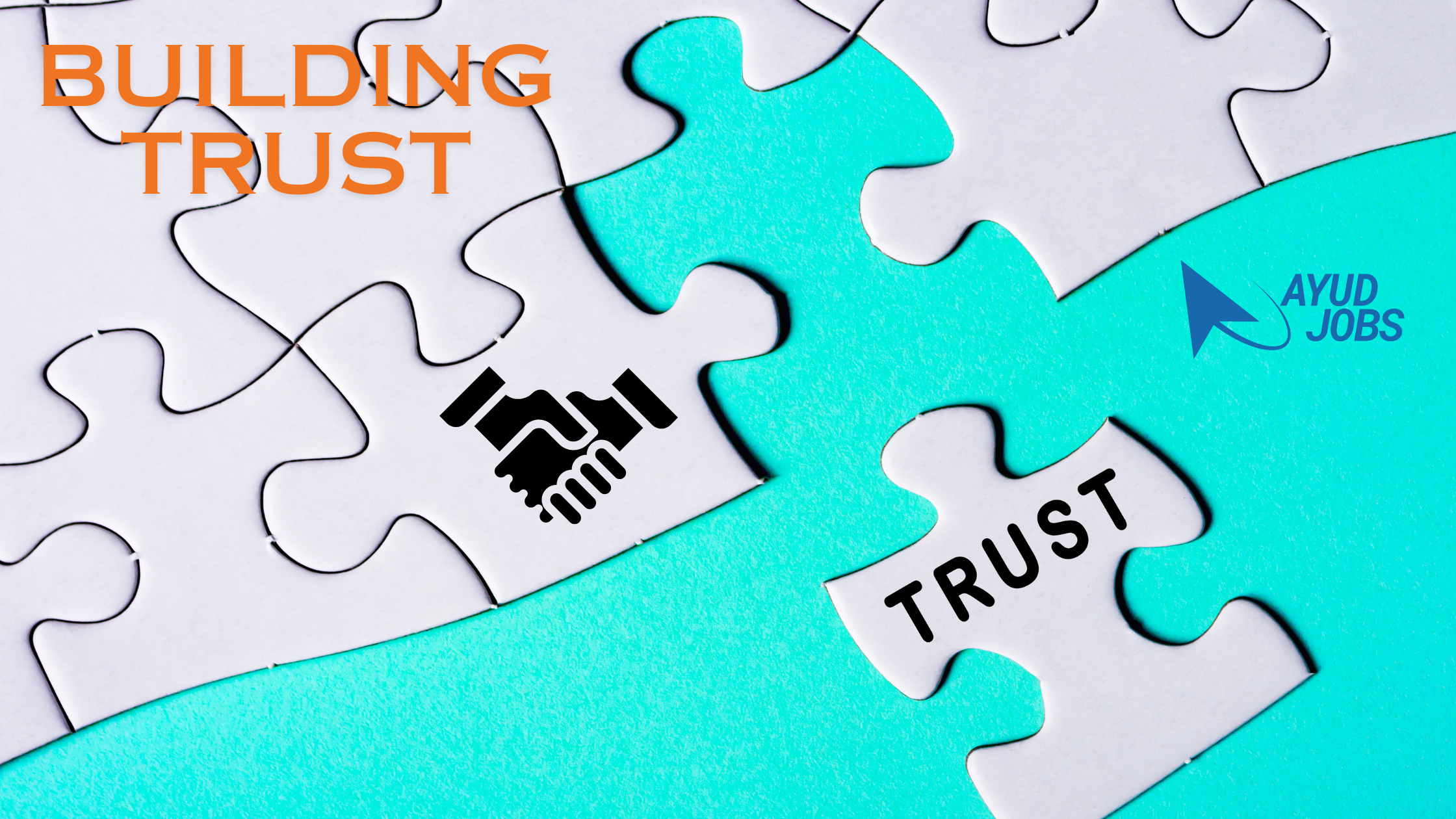Building Trust: A Simple Guide for All
Building Trust: A Simple Guide for All
Introduction:
Trust is a foundational element that permeates every aspect of our lives, influencing our relationships, decisions, and interactions. In this blog, we will delve into the core of trust, unraveling its complexities in a manner accessible to both technical and non-technical audiences. Building Trust: A Simple Guide for All. By the end, you’ll not only grasp the concept but also appreciate its profound impact on personal and professional spheres.
Understanding Trust:
Trust, in its simplest form, is the belief in the reliability, truth, or ability of someone or something. It serves as the glue that binds individuals, teams, and societies together. Imagine a world without trust – it would be a chaotic and unpredictable place. To comprehend this better, let’s explore trust through the lens of reliability, honesty, and competence.
Reliability:
Trust often begins with reliability. When someone consistently delivers on promises, meets expectations, and remains steadfast in their commitments, trust blossoms. Think of a friend who always shows up when they say they will – that reliability builds trust over time.
Honesty:
Honesty is another cornerstone of trust. Being truthful and transparent fosters an environment where trust can flourish. Consider a workplace where open communication is encouraged – employees feel secure, leading to a more productive and harmonious atmosphere.
Competence:
Competence is the third pillar of trust. It involves having the skills, knowledge, and ability to fulfill responsibilities. A colleague who consistently demonstrates expertise in their field becomes a trusted resource for others.
Real-Life Example:
John and the Broken Promise To illustrate the importance of trust, let’s meet John, a project manager in a software development company. John promised his team that the new software update would be delivered by Friday. However, as the deadline approached, unforeseen challenges arose, jeopardizing the timely release. Instead of hiding the issues, John communicated openly with his team, explained the situation, and worked collaboratively to find solutions. Despite the hiccup, John’s honesty and commitment to finding a resolution strengthened trust within the team.
How to Build Trust:
Now that we’ve grasped the significance of trust, let’s explore practical steps to build and nurture it:
1. Communication is Key: Clear and transparent communication is the bedrock of trust. Whether in personal or professional relationships, keeping others informed fosters an environment of trust and understanding.
2. Consistency Matters: Consistent behavior builds trust over time. Being reliable, honest, and competent in your actions establishes a track record that others can rely on.
3. Be Open to Feedback: Trust is a two-way street. Welcoming feedback and being receptive to others’ opinions demonstrates a willingness to grow and improve, reinforcing trust.
4. Set Realistic Expectations: Avoid overcommitting and underdelivering. Setting realistic expectations and meeting them consistently helps build trust and credibility.
Conclusion:
In conclusion, trust is a multifaceted concept that plays a pivotal role in our personal and professional lives. By understanding its components – reliability, honesty, and competence – and adopting practices like clear communication and consistency, we can cultivate and strengthen trust. Remember, trust is not built overnight; it evolves through continuous effort and genuine actions.
#ayudjobs #ayud #ayudsoftware #BuildingTrust #TrustMatters #CommunicationIsKey #Reliability #Honesty #Competence #Relationships #Leadership #Teamwork #PersonalDevelopment #ProfessionalGrowth
What is Ayud Jobs and what it does?
Understanding the difference between promises and commitments in student life








